NASA’s Juno spacecraft snapped a new view of Jupiter and its volcanic moon, Io, on July 30, revealing striking characteristics of the duo.
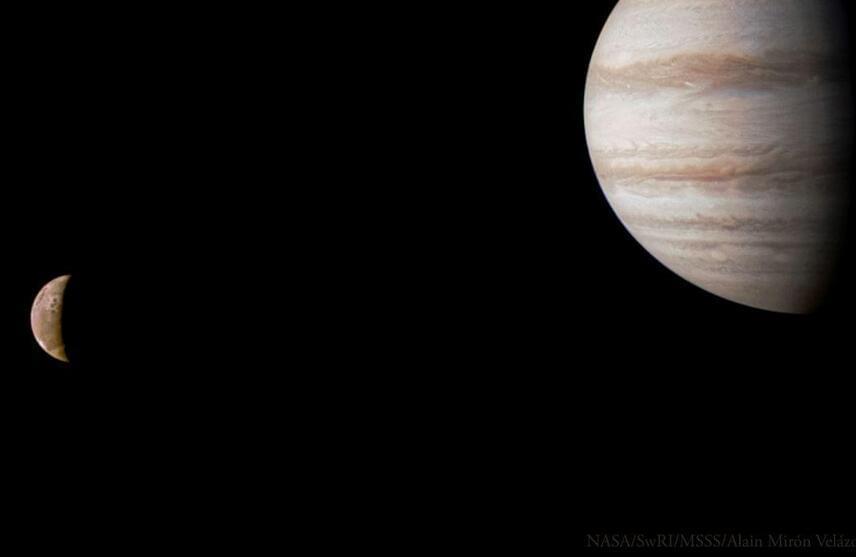


SpaceX’s Starship can seemingly get Federal Aviation Administration (FAA) clearance for its second flight test as early as next month.
What Happened: “We’re working well with them and have been in good discussions. Teams are working together and I think we’re optimistic sometime next month,” Acting FAA Administrator Polly Trottenberg said on Wednesday, as reported by Reuters.
Earlier this week, CEO Elon Musk confirmed that SpaceX has implemented all the fixes demanded by the FAA for Starship ahead of its second flight test.

Elon Musk wrote “congrats to SpaceX” on completing the corrective actions required by the FAA to fly Starship again.
SpaceX is all set to launch its fully-stacked Starship rocket once again. The private space firm launched Starship for the first time on April 20 for a test flight that ended with the massive launch system spinning out of control and exploding after the ground team triggered a manual termination.
Since then, the US Federal Aviation Authority has conducted a mishap investigation into the first test flight that outlined 63 changes SpaceX must make to Starship and its launch infrastructure before it can fly again.
SpaceX / X
The private space firm launched Starship for the first time on April 20 for a test flight that ended with the massive launch system spinning out of control and exploding after the ground team triggered a manual termination.
The LEV-2 robot will separate from Japan’s SLIM lunar lander and capture images of the spacecraft and the landing zone.
If all goes according to plan, Japan’s SLIM lunar lander, launched aboard an H-2A rocket on September 6, will be the first Japanese spacecraft to perform a soft landing on the lunar surface.
Once there, it will deploy an innovative robot explorer called the Lunar Excursion Vehicle 2 (LEV-2). LEV-2 is a small, spherical, metallic object a little larger than a tennis ball.
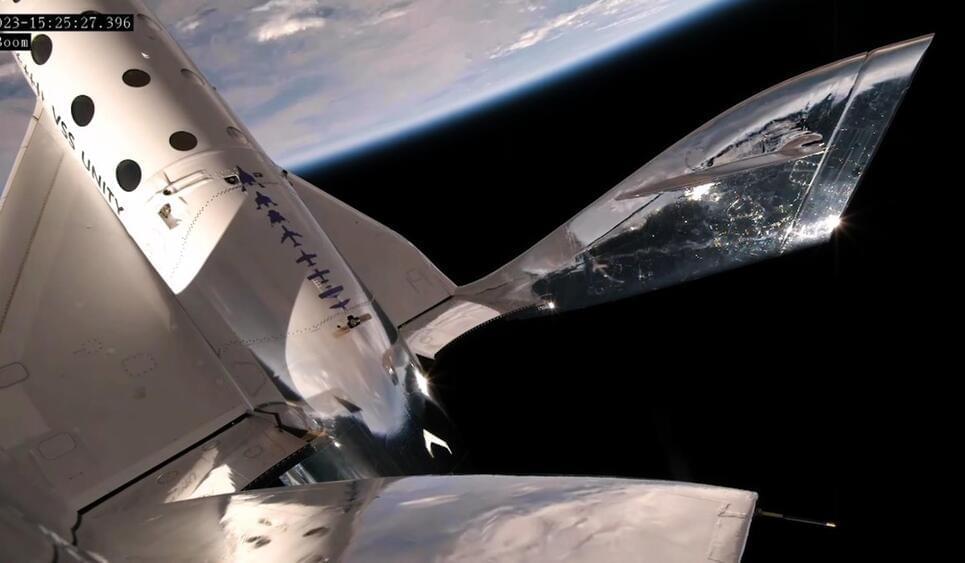
Galactic 3 flew the fossilized remains as “a tribute to the contribution of all human ancestors and ancient human relatives.”
Aside from the three private astronauts aboard the company’s spaceplane, Virgin Galactic also launched fossilized remains of ancient humans to suborbital space.
Virgin Galactic completed its third commercial suborbital spaceflight on September 8. Galactic 3 flew the fossilized remains as ‘a tribute to the contribution of all human ancestors and ancient human relatives.’
An exploration of 10 Unusual Scientific Discoveries for September, 2023.
My Patreon Page:
https://www.patreon.com/johnmichaelgodier.
My Event Horizon Channel:
https://www.youtube.com/eventhorizonshow.
Music:
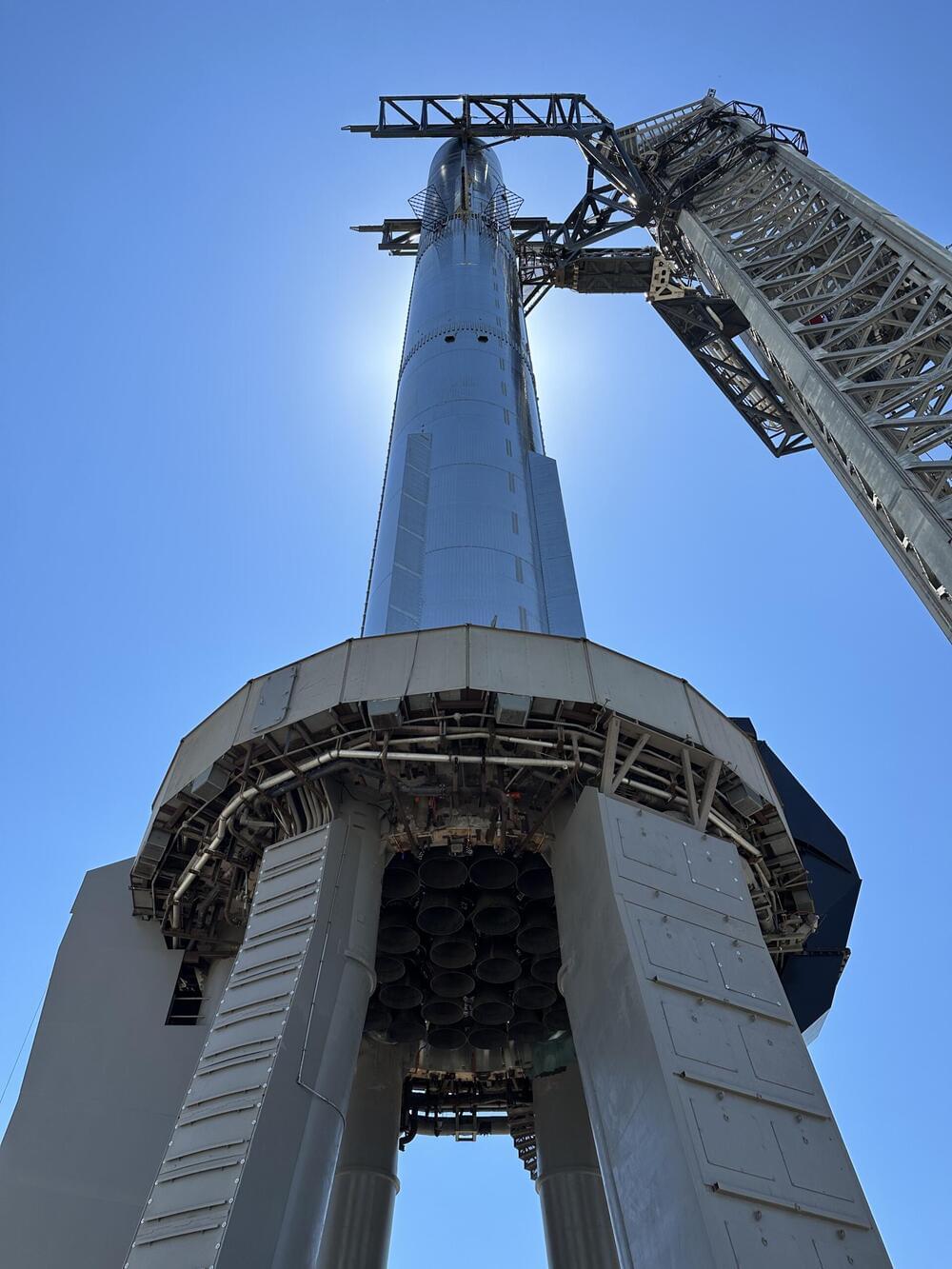
Elon Musk tweeted out his congratulatins to SpaceX for completing and documented the 57 items required by the FAA for Flight 2 of Starship. He said taht 6 of the 63 items refer to later flights.
Congrats to SpaceX for completing & documented the 57 items required by the FAA for Flight 2 of Starship!
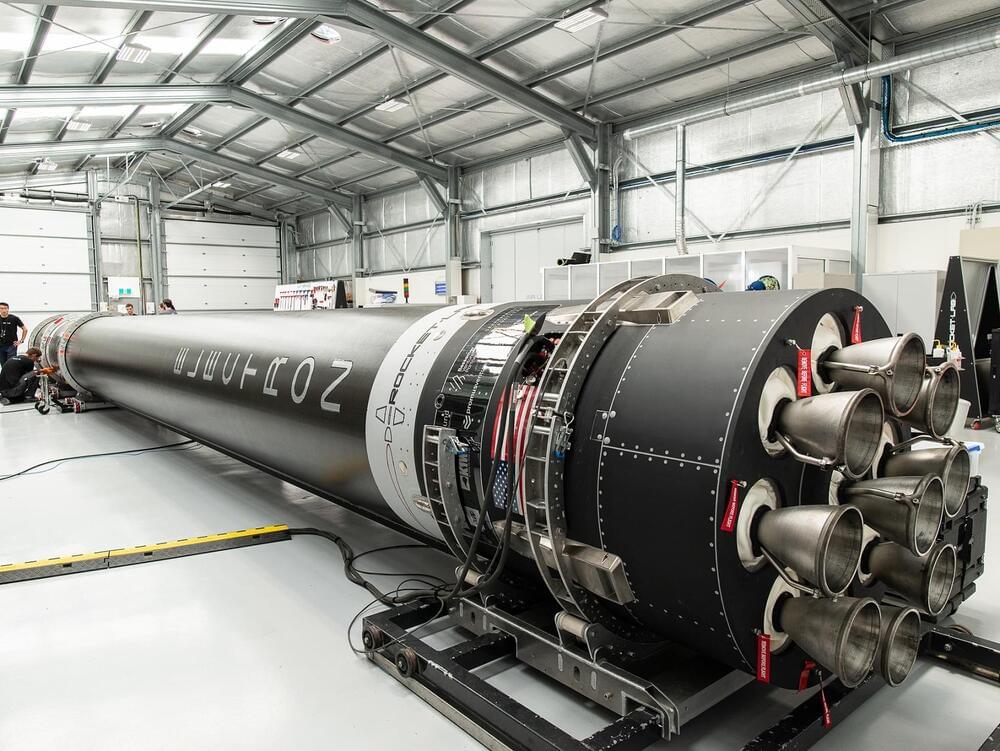
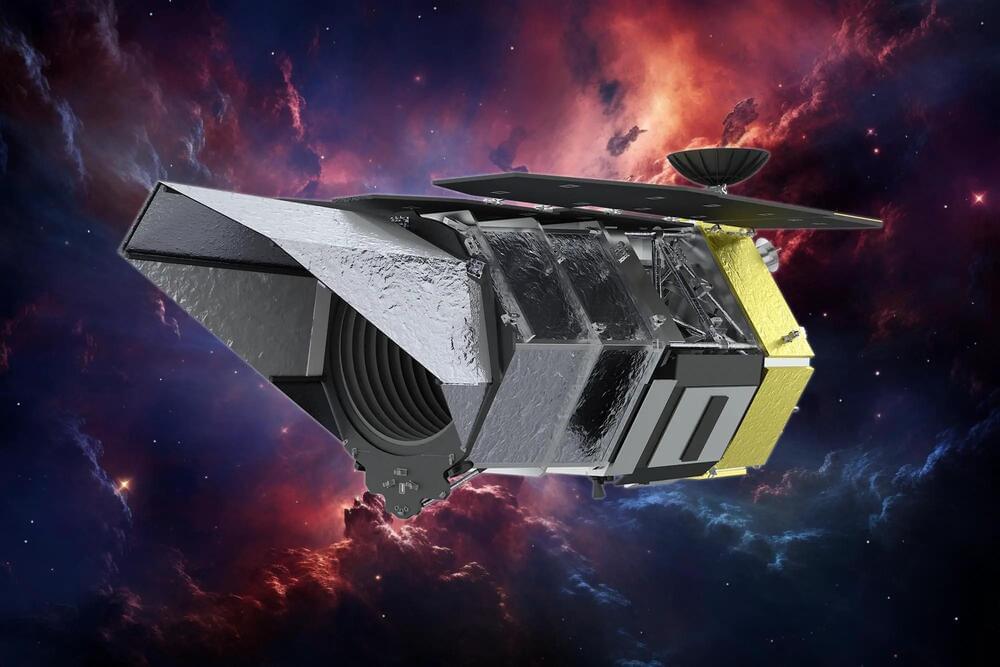
Roman Space Telescope team is integrating a complex electrical harness, crucial for the spacecraft’s communication and power. After a detailed two-year construction and a preparatory “bakeout” process, assembly into the spacecraft is ongoing, with future installations planned for power components.
NASA’s Nancy Grace Roman Space Telescope team has begun integrating and testing the spacecraft’s electrical cabling, or harness, which enables different parts of the observatory to communicate with one another. Additionally, the harness provides power and helps the central computer monitor the observatory’s function via an array of sensors. This brings the mission a step closer to surveying billions of cosmic objects and untangling mysteries like dark energy following its launch by May 2027.

TOKYO (AP) — Japan launched a rocket Thursday carrying an X-ray telescope that will explore the origins of the universe as well as a small lunar lander.
The launch of the HII-A rocket from Tanegashima Space Center in southwestern Japan was shown on live video by the Japan Aerospace Exploration Agency, known as JAXA.
“We have a liftoff,” the narrator at JAXA said as the rocket flew up in a burst of smoke then flew over the Pacific.